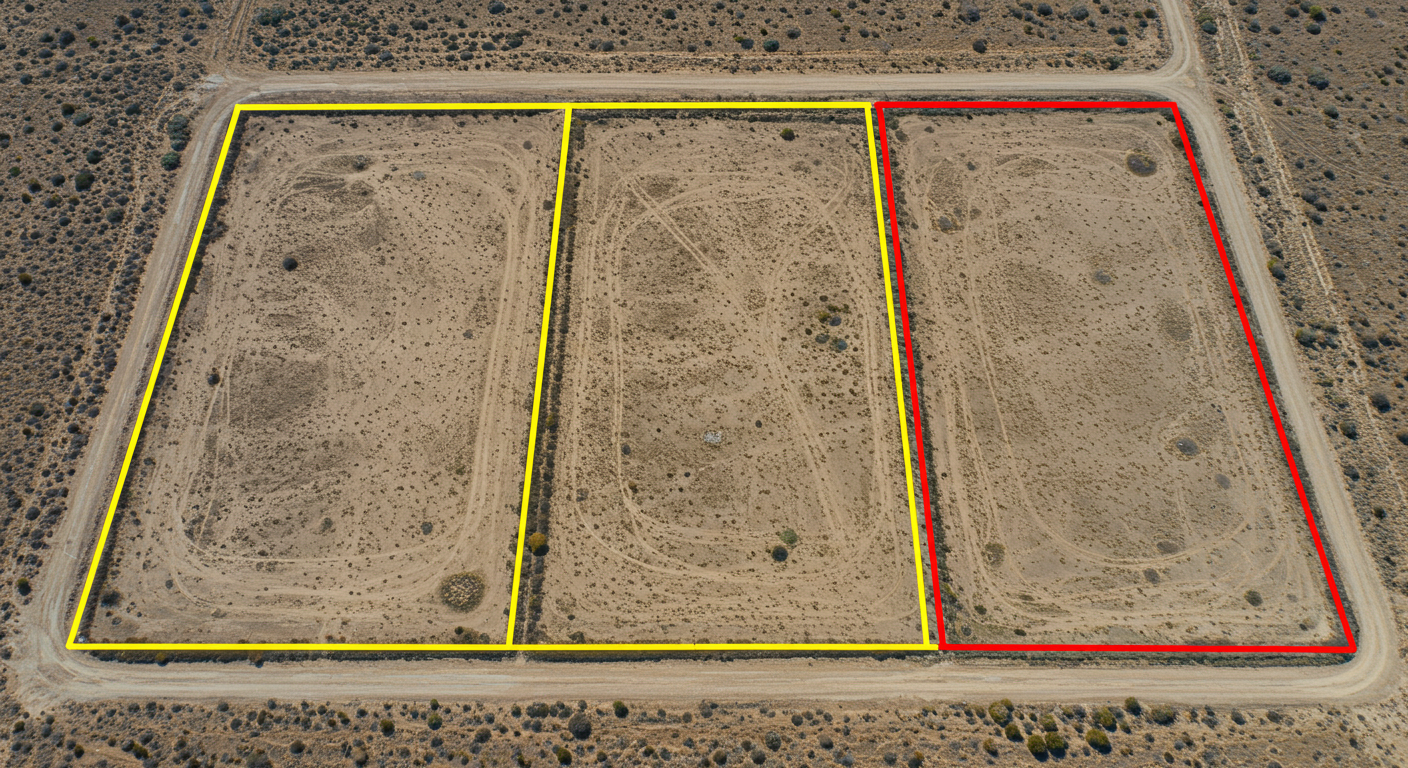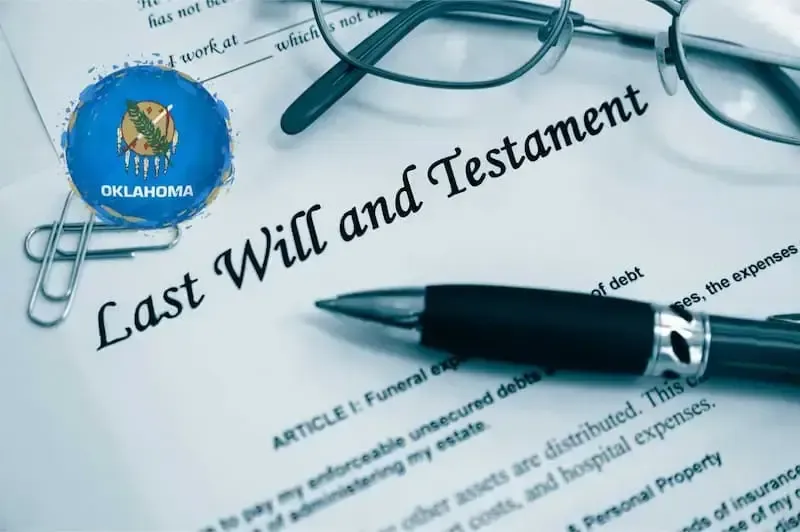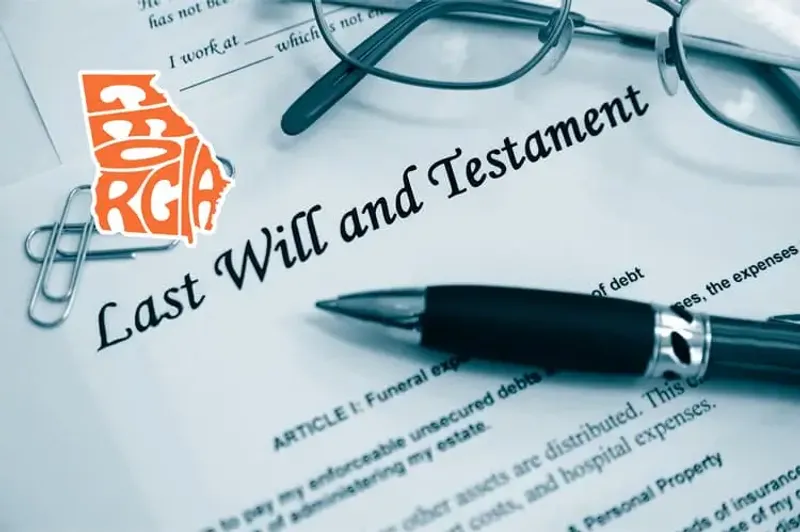Selling inherited property, especially with multiple owners, can feel overwhelming. You’re balancing family emotions, legal complexities, and financial considerations. But it doesn’t have to be daunting. This guide breaks down the process, legal obligations, tax strategies, and how to successfully navigate co-owner dynamics, aiming for a smooth and confident sale.
The Process of Selling Inherited Property
Selling inherited property involves heirs, beneficiaries, and a legal process distinct from a regular sale. Don’t worry - we’ll simplify it.
Steps for Selling Inherited Property
First, understand the property itself:
- Assess value: Determine its current market value to set a realistic asking price.
- Prepare the property: Get it market-ready, which may involve clearing out belongings or minor repairs.
- List for sale: Choose between a real estate agent or a direct sale.
- Close the deal: Manage offers, contracts, and final paperwork. For a general overview, check out our guide on selling inherited land.
Legal Process and Obligations
Inheriting property often involves probate, the legal process confirming the will and transferring assets. Before selling, the deed typically needs transfer into the heir’s name(s) to establish clear legal ownership.
You’ll need essential paperwork like the death certificate and the will. A clear property title is critical for buyers. Be aware that state-specific laws, such as those in Texas, dictate exact procedures for inherited property.
The Role of a Real Estate Attorney
A real estate attorney is a valuable ally when selling inherited property. They navigate the legal landscape, examining the title for clarity and transfer readiness.
Attorneys also draft and review sale contracts, protecting your interests. They can mediate co-owner disputes effectively. Consulting legal counsel ensures all obligations are met, avoiding costly mistakes.
Navigating Sales with Multiple Owners
Selling a property with multiple owners adds layers of complexity. Beyond finding a buyer, you’re managing relationships and differing opinions among co-owners. This journey requires careful planning and clear communication.
Understanding Co-Ownership
Selling inherited property with multiple owners often happens after a loved one passes. When inheriting a property with siblings, for example, everyone might have different ideas or emotional ties. Communication among co-owners is absolutely key for consensus.
Co-Owner Options: Sell, Buy Out, or Keep
You have several options when multiple owners inherit property. You can sell it outright as a group or one owner might consider buying out the other co-owner shares. Other families decide to keep inherited property within the family for future use.
Co-Ownership Structures and Their Impact
Your property’s deed specifies the impact of various co-ownership structures.
- Tenancy in Common: You can sell your share independently.
- Joint Tenancy with Right of Survivorship: Shares pass to surviving owners, not heirs.
- Tenancy by the Entirety: For married couples, often requiring both to agree on a sale.
The initial deed dictates the legal framework for the sale and distribution of funds.
Drafting a Co-Tenancy Agreement
Before listing, draft an Agreement to Sell Inherited Property, also known as a Co-Tenancy Agreement. This agreement among heirs should cover decision-making protocols, expense sharing, and dispute resolution mechanisms. It serves as your blueprint for smooth communication among co-owners.
Resolving Co-Owner Disputes
Disagreements happen, but resolving co-owner disputes is paramount. Open communication is vital, but a neutral third party, like a mediator, can help. Legal intervention is a last resort if you can’t agree.

Reconciling Unequal Financial Contributions
Unequal financial contributions and expenses are common. Track all expenses – taxes, repairs, utilities, improvements, and insurance – using a shared spreadsheet or joint account. This helps reconcile contributions before fairly dividing sale proceeds.
Dividing Sale Proceeds
After the sale, calculate the net proceeds after commissions and fees. Your agreement will guide the profit split. Ensure everyone receives their agreed-upon share, factoring in any prior adjustments.
Addressing Complex Legal and Financial Hurdles
Selling inherited property with multiple owners can sometimes encounter complex legal or financial snags. Let’s walk through some tougher scenarios and potential solutions.
Selling During Probate or With Liens
Selling inherited property becomes complex if the estate is still in probate or encumbered by outstanding debts.
Probate, the legal process of proving a will and settling an estate, generally must complete before a clean sale. This ensures all rightful heirs and creditors are addressed.
You might also find liens – legal claims against the property for unpaid debts, such as property taxes, creditors’ claims, or recovery liens.
To sell, work closely with the estate’s executor or administrator. They must clear liens, typically by paying them from estate assets, before ownership transfer. Court approval may be required, making the process slow. Patience is key.

Understanding a Partition Action
What if co-owners cannot agree on selling shared property? A ‘partition action’ may be a last resort.
This lawsuit, initiated by one co-owner, legally divides the property or, more commonly, forces its sale. It’s a last resort when negotiations fail.
Any owner can initiate it; the court decides how to handle the property.
Be aware, it can be expensive, involving significant attorney, court, and potential appraisal fees. Timelines vary wildly, often taking many months, or even over a year, depending on court schedules and complexity.
The major outcome is typically a court-ordered forced sale, with proceeds divided among co-owners according to their shares. While resolving deadlock, it carries costs and stress, and can take a long time.
Our land buying business provides an alternative to a long, drawn out sale process. Get a cash offer today!
Strategic Tax Planning for Inherited Property Sales
Inheriting property and considering a sale? Let’s discuss taxes. Strategic tax planning can minimize your tax burden and maximize your profit. Always consult a qualified tax professional (CPA or tax attorney) for personalized advice.
Tax Implications of Inherited Property Sales
Selling inherited property typically incurs capital gains tax on any profit – the difference between your “basis” and the selling price. Fortunately, inherited property often benefits from a “step-up in basis,” significantly reducing taxes compared to if you had purchased the property years ago. (Estate taxes may apply to large estates, but that’s a separate, complex topic.) For more on capital gains on inherited land, see: Capital gains tax considerations for inherited land.
The ‘Step-Up in Basis’ Rule
Your “basis” is the property’s cost for IRS tax purposes. For inherited property, your basis “steps up” to its fair market value (FMV) on the decedent’s date of death. For example, if land purchased for $50,000 was worth $400,000 at death, your basis becomes $400,000. Selling it for $410,000 results in a taxable gain of only $10,000, not $360,000. A common misconception is using the original purchase price; instead, obtain a professional appraisal for the date-of-death value.
Utilizing a 1031 Like-Kind Exchange
To defer capital gains taxes entirely, a 1031 “like-kind exchange” allows you to reinvest sale proceeds into a similar investment property. This is especially useful for properties held as “tenants in common.” However, it becomes complex if some owners desire cash while others prefer to exchange. A “Qualified Intermediary” is required to handle funds, and strict timelines apply. A 1031 exchange is not a DIY project; legal and tax experts are essential.
Conclusion
Selling inherited property, particularly with multiple owners, is a significant undertaking. You may have family relationships to manage in addition to the complexities of probate and the property sale. This guide covered key legal steps, managing co-owners, and smart tax planning like the step-up in basis. Clear communication and a robust co-owner agreement are vital.
Frequently Asked Questions
Still have questions about selling inherited property with multiple owners? Here are some common concerns:
What if one heir doesn’t want to sell?
This common hurdle can be tricky. Ideally, owners negotiate a buyout where one purchases the others’ shares. If not, a legal partition action may be necessary, forcing a court-ordered sale.
Do we all have to agree on the selling price?
For a smooth sale, mutual agreement on price is key. If agreement is difficult, consider a professional appraisal for an objective market value.
How do we split the sale proceeds?
Proceeds are generally divided based on each owner’s percentage, as outlined in the will or probate documents. First, deduct shared expenses like closing costs or outstanding property taxes.
Who pays for repairs or upkeep before selling?
Typically, all owners are responsible for these costs, proportional to their ownership share. Create a clear budget and agreement for repairs and maintenance early on.
What about taxes after we sell?
Selling inherited property usually involves capital gains taxes. Specific deductions or rules for inherited assets may reduce your tax burden. Always consult a qualified tax professional.
Please consult your financial advisor, accountant, real estate attorney, or tax professional. This article is for informational purposes and is not tax or legal advice.









